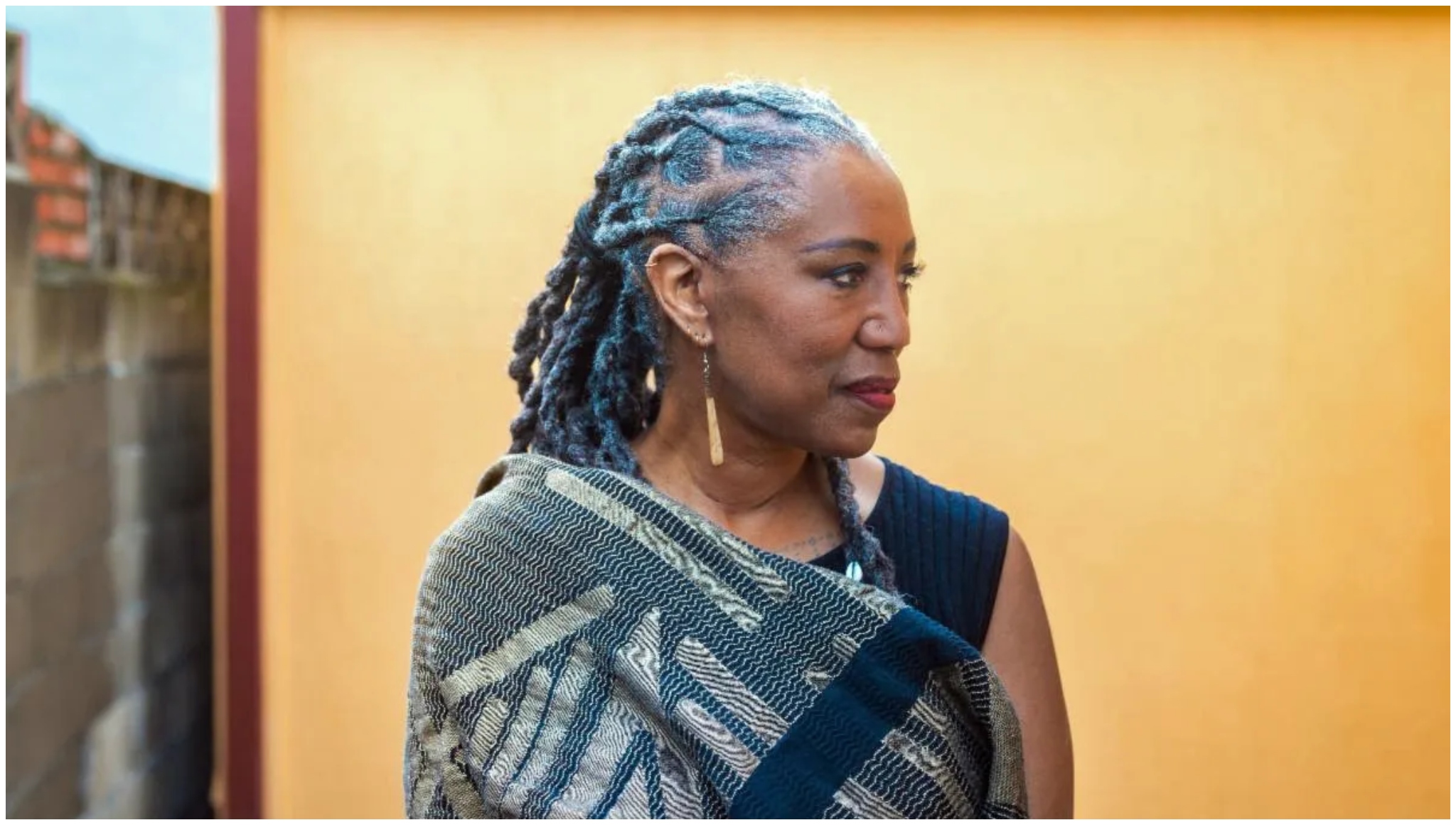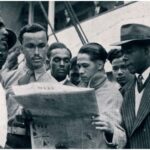Māhealani Uchiyama, Hawaii’s first Black hula dance master, has released a powerful new song titled “A Lei For Reverend King” on May 1, 2025 – Lei Day in Hawaii. The release marks a significant cultural bridge between African American and Hawaiian heritage. Uchiyama’s groundbreaking work challenges perceptions while celebrating the historical bonds between two rich cultural traditions.
Pioneering Hula Master Releases Tribute Song on Hawaii’s Lei Day
Māhealani Uchiyama’s newest musical creation honors Dr. Martin Luther King Jr. with deep cultural significance. Released on May 1, coinciding with Hawaii’s Lei Day celebrations, the song represents more than just a musical tribute. The timing connects two important cultural touchpoints in a meaningful way.
The song forms part of her upcoming album “Pōpoloheno: Songs of Resilience and Joy,” scheduled for release on June 13. This larger project aims to highlight often overlooked historical connections. Her work celebrates the history of safety and solidarity experienced by formerly enslaved Black people in Hawaii.
Early Inspiration from MLK’s Hawaiian Visit Shapes Cultural Journey
Uchiyama’s song was inspired by a significant historical moment many Americans don’t know about. Dr. King addressed the Hawaii State Legislature in 1959, shortly after Hawaii achieved statehood. This meeting took place in the Throne Room of ʻIolani Palace, a location with deep significance for Hawaiians.
“The Queen of Hawaiʻi had been removed from her throne and imprisoned, and the Kingdom was overthrown by outsiders,” Uchiyama explained. “She offered words of comfort and hope to her people, and those words resonated with me in how they reflected Kingʻs words to his people. Thinking of all this, the melody and structure of the song just came very quickly.”
From Washington DC to Hawaiian Cultural Leadership
Born and raised in Washington, DC during the final years of Jim Crow segregation, Uchiyama describes her childhood environment as both challenging and enriching. “We were subjected to segregation, yet it was an international city. Walking down any given street would expose you to multiple languages being spoken,” she shared.
Her interest in Hawaiian culture began unexpectedly in childhood. At age six, she saw a photo of Dr. King in Ebony Magazine wearing a floral lei. “My immediate response was something like, ‘Oh, that’s so pretty! I want to wear a necklace of flowers too!’” This simple childhood fascination eventually led her toward Hawaiian cultural studies.
Cultural Heritage Connects Caribbean and Hawaiian Influences
Uchiyama’s cultural identity contains multiple influences that inform her artistic vision. Her maternal grandfather came from Kingston, Jamaica. She’s currently researching her earliest ancestors who were brought to the US as early as the 1850s.
“My parents came from the deep South and were extremely entrepreneurial. At one point, they operated a nightclub on the ‘chitterling circuit,’ hosting some of the popular acts of the day,” she explained. These varied cultural threads have woven together throughout her artistic development and creative expression.
Decades of Dedication to Preserving and Sharing Hula Traditions
Uchiyama’s career in Hawaiian dance began in the early 1980s after receiving permission from her teacher, Joseph Kahāʻulelio. “Uncle Joe always played and sang our music live for our dance classes, so I began to do the same,” she recalled. This traditional approach to teaching has remained central to her practice.
Her dedication has led to impressive achievements over four decades. “Since that time until now, I have trained my dance company to sing as well as dance, and together with our wonderful musicians, we have toured throughout the Hawaiian Islands, Tahiti, New Zealand and California,” she said. This comprehensive approach preserves the authentic connection between music and movement.
Breaking Barriers While Building Cultural Bridges
Uchiyama’s work addresses important contemporary issues facing Black people in Hawaii. Despite historical connections, she notes that “Black people in Hawaii are often seen by many as perpetual outsiders who do not belong in the Hawaiian cultural dynamic.” Her work aims to change this perception.
She highlights the many commonalities between Hawaiian and Black culture. These include “respect of our ancestors, our relationship with nature, the misappropriation of our cultures, and our shared negative experiences.” By emphasizing these connections, Uchiyama creates space for greater cultural understanding and appreciation.
Creating a Legacy of Unity Through Artistic Expression
Uchiyama hopes to leave a lasting impact through her pioneering work. “It is my hope that this project will produce a number of songs that will become a part of the conversation for Kanaka Maoli (Hawaiian) and African Americans who have more in common than we may know,” she expressed. Her message reaches beyond these communities.
For younger generations, she offers powerful wisdom about cultural exchange. “There is great beauty in every iteration of humanity,” she stated. “This beauty is often conveyed in music, dance, food and other forms of material cultural expressions. To engage freely requires mutual respect, curiosity, and humility. Music matters. Dance matters. We are not fully human in the absence of art.”
Those interested in experiencing Uchiyama’s musical tribute can listen to “A Lei For Reverend King” on YouTube, where she continues to share her unique cultural vision with the world.





